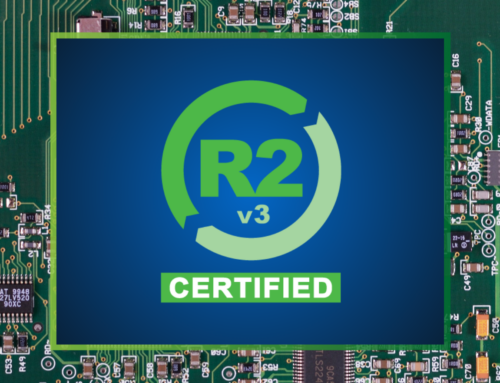In August, Cisco announced their latest acquisition: Duo, a company specializing in zero-trust multi-factor authentication (MFA) for organizations that need a secure means for employees to gain remote access to cloud applications.
Many analysts have viewed this as a good strategic move for Cisco, which has been working to expand beyond its traditional networking hardware offerings in the wake of trends like:
A growing need for cloud security: Cisco’s current enterprise security solution, Cisco Identity Services Engine, is lacking when it comes to cloud security, and it’s expected that they’ll integrate Duo into this and other platforms.
As more organizations move their operations to the cloud, a solution that provides strong identity verification is increasingly a critical component of protecting what for many companies is becoming a highly-dispersed network that’s no longer entirely within the control of the network manager.
Remote workers and customers: The remote workforce and often-global nature of operations and customers takes a lot of network activity out of view of the security professionals responsible for protecting IT operations. As the software-defined perimeter (SDP) becomes the norm for more companies, so will solutions that secure them.
Bring-Your-Own-Device: In addition to identity verification, Duo’s solution can scan devices for security issues before allowing them access. For companies that rely on or allow bring-your-own-device (BYOD), this could be a valuable means of maintaining some control over the wild west of devices potentially accessing business applications.
What does all of this mean for Cisco’s customers?
The hope is that, by integrating Duo with one of the most ubiquitous vendors in the networking world, Duo’s services can be more rapidly scaled. Cisco ideally will be able to adapt to the trends and provide improved security and enterprise solutions for their customers.
At the same time, it remains to be seen how pricing, service, and contracts will be affected during and following the integration. The deal is expected to close later this fall, and Summit will be watching with interest to see what unfolds for our networking customers following this merger.




